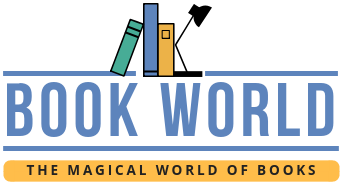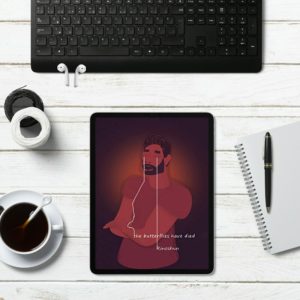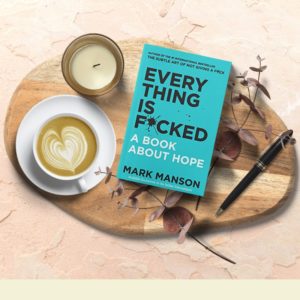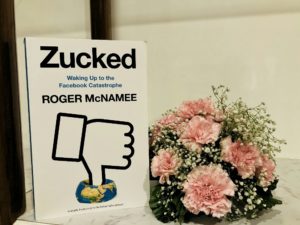
“What’s more dangerous – living an ordinary life that sometimes feel suffocating, or chasing freedom knowing it could destroy you?” The book Into the Wild by Jon Krakauer has plotted this question in my mind.
I picked up Into the Wild without any prior knowledge about Chris McCandless – and absolutely no idea what I was getting into. After finishing the book, I’m left wondering – who am I to judge him? Was he reckless, or simply a pure wanderer?
Frankly, I can’t leave the comforts of my life. Even if I had to live in the wild, the first thing I would search for is… a proper toilet! Yet, as I kept reading his story, it completely consumed me. I couldn’t stop thinking – not just about him, but about me.
What exactly drew me in?
For me, it was his profound exercise of free will to choose such a radical path, combined with his sheer willpower to attempt living out that choice in the unforgiving wild. Not many possess such a spirit.
As a teenager, I used to watch Man vs. Wild with Bear Grylls on Discovery Channel. My brother and I were obsessed with it – watching him survive in impossible conditions, marvelling at his strategies. Of course, Bear Grylls trained for it – preparing his body, mind, and skills before every expedition. So, when the author writes that surviving in Alaska for over 100 days with no preparation is no joke – it really hit home.
But it wasn’t just about survival or adventure for McCandless. He seemed to carry a deep idealism – almost a disdain for worldly comforts. He rejected money, rejected security, and even rejected human relationships because he saw them as binding, creating obligations and emotional dependencies he wasn’t willing to accept. His idea of freedom wasn’t just about leaving behind possessions – it was about leaving behind people, too.
Another thing that struck me was the author’s obsession with McCandless. Jon Krakauer’s relentless pursuit – talking to dozens of people, collecting clues, weaving together journal entries, interviews, and even his own experiences – was impressive. I started to suspect that Krakauer saw a reflection of his younger self in McCandless, especially when he shared his own wilderness stories.
Honestly though, those sections about Krakauer’s personal journey distracted me. I was too restless – I just wanted to follow McCandless’s story! I even skipped parts just to get back to the chapters where the story moves forward.
That said, Jon is a brilliant storyteller. I already knew from the beginning that McCandless wasn’t going to survive – but Krakauer kept me hooked anyway. He skillfully dangled questions: What mistakes did McCandless make? Could they have been easily avoided? These hooks kept me turning pages, as layer by layer, the author revealed more about McCandless – both his bright and dark sides.
At one point, I wondered – was this book an attempt to defend McCandless? Many people called him foolish or arrogant for heading into Alaska so unprepared. Even Krakauer admits that a simple map might have offered an escape. If McCandless had known basic food preservation techniques, he wouldn’t have struggled to survive. Yet Krakauer doesn’t really defend him. He simply lays out the facts – his findings, the true reason behind his death as he uncovered it – and leaves it up to the reader to decide.
Ultimately though, it feels like McCandless’s spirit is beyond judgment. He touched so many lives in his short time – and whether others approve or not, we can still learn from his story.
One part that really made me reflect was when Jon Krakauer wrote about his difficult relationship with his own parents. He pointed out something interesting – how McCandless judged his parents harshly, expecting perfection, yet seemed to excuse the flaws of the people he idolized. That hit hard. Don’t we all do this? We often treat our loved ones with the harshest scrutiny, but people we admire from afar are judged only by their ideals or their work. Maybe… if McCandless hadn’t been so hard on his parents, things might have turned out differently.
‘Into the Wild’ is more than just a biography; it’s a profound exploration of freedom, idealism, and the human spirit’s yearning for something beyond the conventional. It’s a book that truly makes you think, long after you’ve turned the final page, which one is better: a suffocating comfort or a risky freedom?



